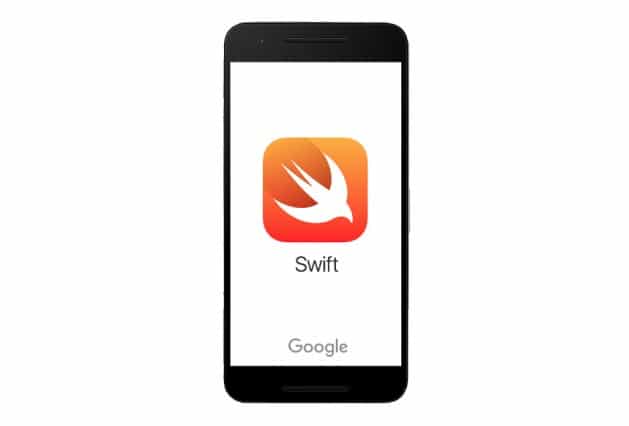

- #Ios swift share link of android version of app install
- #Ios swift share link of android version of app code
addRemoteCommand (appsFlyer ) Push Message Tracking
#Ios swift share link of android version of app code
createInstance (TEALIUM_MAIN, config ) // New code to add the AppsFlyer Remote CommandĪppsFlyerRemoteCommand appsFlyer = new AppsFlyerRemoteCommand (application, appsFlyerDevKey = devKey ) teal. create (application, "ACCOUNT", "PROFILE", "ENVIRONMENT" ) Tealium teal = Tealium. Sets up a config object and creates a Tealium instance To add additional modules from the Tealium Swift library, follow the Swift Package Manager instructions. Navigate to General > Frameworks, Libraries & Embedded Content and select the TealiumAppsFlyer module to add it to your app target.In your Xcode project, select the app target under the TARGETS section.Select your Xcode project in the Project Navigator.
#Ios swift share link of android version of app install
To install TealiumAppsFlyer in additional app targets: If your project has more than one app target and needs TealiumAppsFlyer module in more app targets, you have to manually add them in the Frameworks, Libraries, and Embedded Content section. Select the TealiumAppsFlyer module to install, and select the app target you want the module to be installed in.If the current TealiumAppsFlyer version does not appear in the list, then reset your Swift package cache. Typically, Up to next major is recommended. In your Xcode project, select File > Add Packages… > Add Package Dependency.Learn more in the AppsFlyer iOS SDK integration guide.

IOS: For AppsFlyer version 4.8.11+, the SDK automatically adds the following native frameworks: amework and iAd.framework. If using iQ Tag Management, add the Remote Command tag for the vendor integration. A JSON configuration file is the recommended option for your vendor integration, hosted either remotely or locally within your app. There are two remote command options: A JSON configuration file, or using iQ Tag Management to configure the mappings. If you are using a dependency manager installation, there is no need to install the AppsFlyer SDK separately.

AppsFlyer Remote Command tag in Tealium iQ Tag Management.AppsFlyer Remote Command JSON File (Requires Android-Kotlin 1.0.0+ or iOS-Swift 2.1.0+).One of these remote command integrations:.Tealium for Android-Java (5.9.0+ for AppsFlyer 1.0.0+ or


 0 kommentar(er)
0 kommentar(er)
